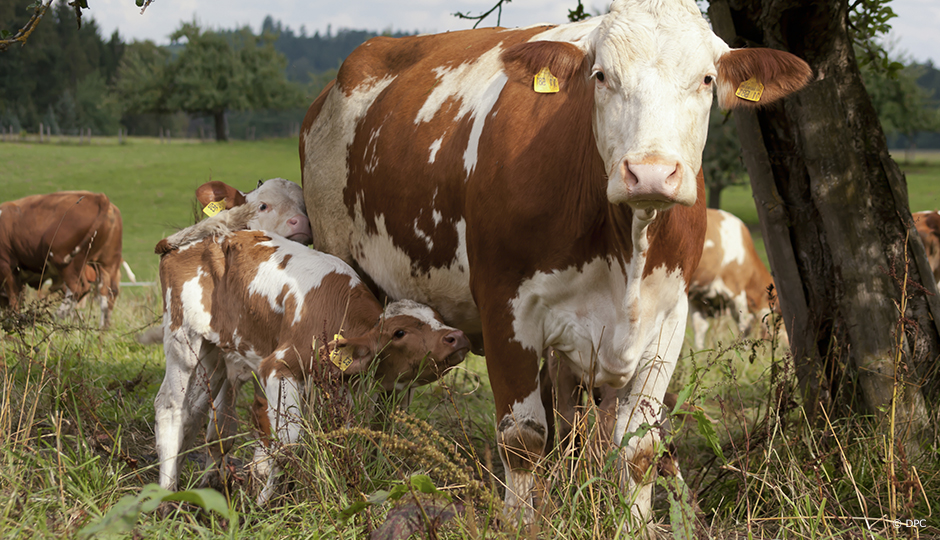They say that two glasses of milk is better than one, but that may not be true for the cow. In fact, stimulating milk production in dairy cows appears to affect their fertility, with about 70% of the herd becoming less fertile over time. This leads to a decline in profitability, as without calves, there is no milk.
Stimulating milk production in dairy cows appears to affect their fertility.
To ensure good milk production without affecting the reproductive capacity of the herd, Christopher Price, a professor in the Department of Veterinary Biomedicine at Université de Montréal, is seeking to regulate fertility in cattle by manipulating egg cells (oocytes) and the small sac of nourishing cells surrounding them (the ovarian follicle).
The researcher at the Animal Reproduction Research Centre has been exploring a family of proteins known as "growth factors". Studies have shown that these molecules essential for cell division contribute to the proper development of ovarian follicles in mice. Could they have the same effect in cows? Apparently so. In the laboratory, Professor Price added some of these proteins to cultured ovarian cells. The result: certain proteins promoted better growth of ovarian follicles and, as a result, more successful oocyte maturation.
The researcher also conducted a series of experiments on in vitro cultured oocytes. In vitro fertilization is widely used by the dairy industry to produce bovine embryos, despite a success rate of only around 50%. That could be about to change, as Christopher Price has observed that adding certain growth factors to the test tube produces better quality, healthier oocytes. It now remains to evaluate whether these more vigorous oocytes result in more embryos and whether adding growth factors has any negative impacts on the health of the animal.




